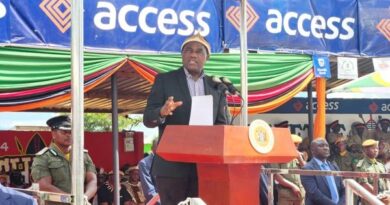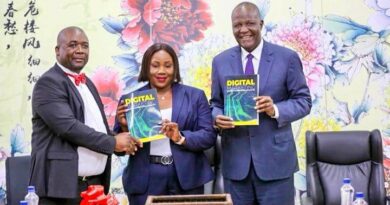2024 Budget Aims to Boost Zambia’s Economic Prospects Through Multiple Initiatives
The recently announced 2024 budget, themed “Unlocking Economic Potential,” seeks to revitalize Zambia’s economy across various sectors. The budget focuses on four pillars: Economic Transformation and Job Creation, Human and Social Development, Environmental Sustainability, and Good Governance Environment. While economic growth has faced challenges in the current year, the government aims to steer the nation toward a more prosperous future.
According to Mr. Kelvin Chisanga, Chief Economist, In 2022, Zambia experienced a real GDP growth of 5.2%, with an inflation rate of 9.9%. The fiscal budget deficit was around 9.8%, and gross international reserves covered less than 3.8 months of imports. However, 2023 has seen economic growth expectations dwindle, with an anticipated 2.7% contraction, higher inflation, and a budget deficit above target. Exchange rate fluctuations and reduced mineral output have contributed to these challenges.
Mr. Chisanga stated that to stabilize the local currency and manage inflation, the government, through the Bank of Zambia, has implemented policies such as raising the statutory reserve ratio and adjusting the monetary policy rate. These measures aim to balance the demand for foreign exchange and address supply factors.
While challenges persist, the 2024 budget allocates resources to stimulate economic growth. Investment in agriculture, including irrigation, smart technologies, and insurance, seeks to boost production and food security. The government also plans geological surveys to identify mineral resources, supporting the mining sector’s development.
He says Infrastructure development remains a priority, with plans for industrial yards in various regions and a focus on road construction and maintenance. The government aims to stimulate local production, support local content policies, and attract private sector investment.
Social sectors, including education, healthcare, and community development, receive increased budget allocations. Efforts are underway to employ more staff in these critical areas and complete rural mini-hospitals. Additionally, social support programs like social cash transfers and the Farmer Input Support Program (FISP) receive continued attention.
Further, He said that challenges from the global economy, including geopolitical tensions and fluctuations in commodity prices, may impact Zambia’s economic prospects. Oil production reductions and increased fuel costs pose challenges for the nation.



